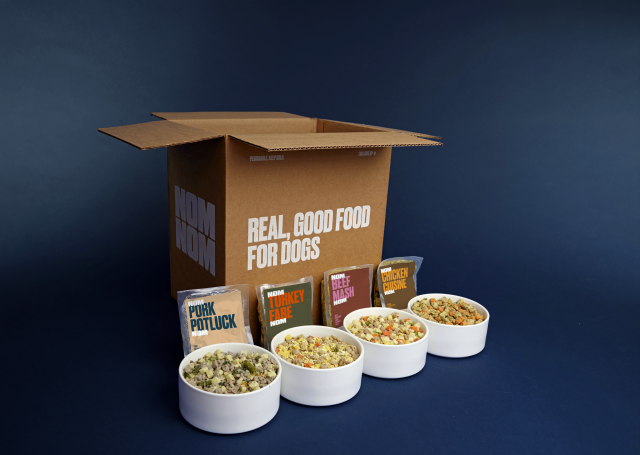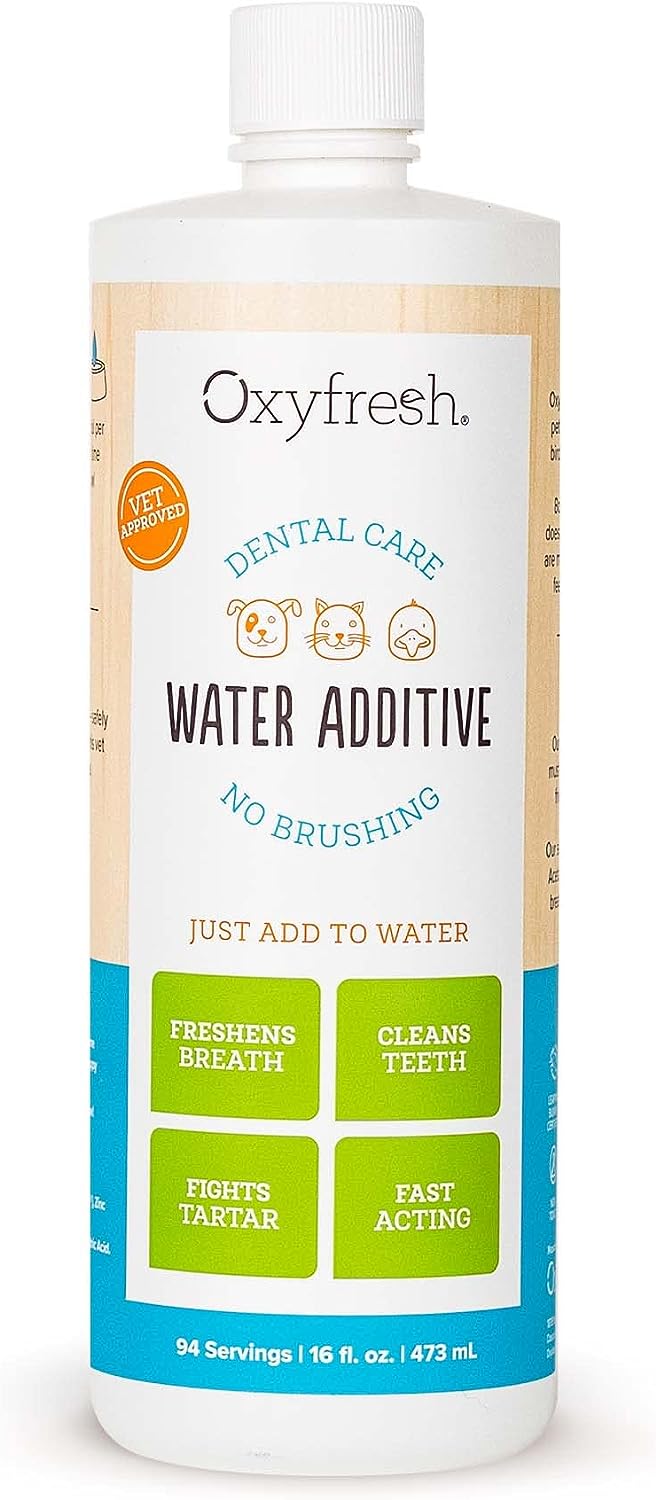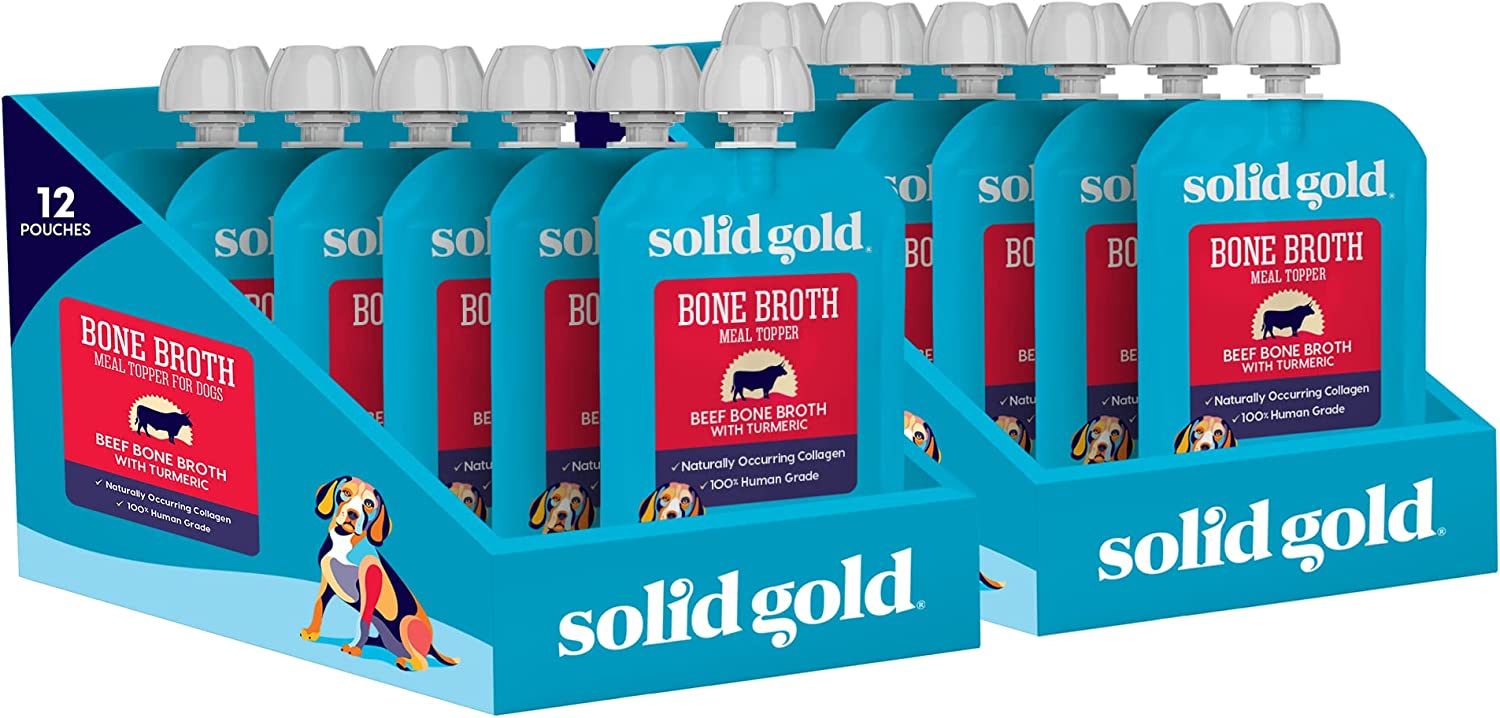Pit Bulls are generally hearty eaters, known for their loyalty and affectionate nature. However, there are instances when a Pit Bull might suddenly lose its appetite. Understanding the reasons behind this can help ensure the health and well-being of your furry companion.
Maintaining good nutrition is important: food is more than just fuel. This is how your dog’s body receives the nutrients it needs to run, play, and function correctly. A lack of good nutrition can cause your dog’s body to suffer in a number of ways including a loss of weight, bone density, and dental issues.
If you have concerns that your dog’s eating habits have changed for the worse, be sure to contact your vet immediately. This guide can help you identify what the issue might be, but it is not a replacement for the professional, personalized opinion of a veterinary professional.
Understanding Pit Bull’s Eating Habits
Before delving into the reasons for a Pit Bull’s loss of appetite, it’s essential to understand their typical eating habits. Pit Bulls are known for their robust needs. They usually eat eagerly and look forward to meal times. Any significant change in this pattern can be a cause for concern.
Related: Ideal Diet for Pit Bulls – The Ultimate Pit Bull Feeding Guide
Common Reasons for Loss of Appetite in Pit Bulls
Stress and Environmental Changes
Stress is one of the more common reasons for a loss of appetite in Pit Bulls. This can be due to environmental changes such as moving to a new home, a new person or pet, or even changes in the household routine. Pit Bulls are sensitive to their environments and may temporarily lose their appetite when stressed.
Dental Issues and Oral Pain
Oral pain resulting from dental issues such as tooth decay, gingivitis, or broken teeth can make eating painful for your Pit Bull, leading to a decrease in appetite. Regular dental check-ups are crucial to prevent and address these issues.
Dietary Changes or Food Dislikes
Pit Bulls, like humans, can have preferences and dislikes. A sudden change in their diet or a particular ingredient they don’t like can result in them turning their noses up at their food.
Health Issues
Health issues, including digestive troubles, infections, or more severe conditions like cancer, can lead to a loss of appetite. If your Pit Bull is not eating and shows other symptoms like lethargy, vomiting, or diarrhea, it’s time to consult a vet.
When to Visit the Vet
Prolonged Loss of Appetite
If your Pit Bull refuses to eat for more than 24 hours, it’s advisable to consult a veterinarian. This is particularly crucial if they are showing other symptoms of illness.
Accompanying Symptoms
Symptoms such as vomiting, diarrhea, lethargy, or noticeable weight loss, along with a loss of appetite, warrant immediate veterinary attention. These could be signs of severe health issues.
Behavioral Changes
Any significant behavioral changes, such as increased aggression, withdrawal, or unusual lethargy, combined with a lack of appetite, should be investigated by a professional.
Preventive Measures and Care
Regular Vet Check-Ups
Routine veterinary check-ups can help detect health issues that might affect your Pit Bull’s appetite early. These visits are essential for maintaining overall health and well-being.
Consistent Routine and Environment
Maintaining a consistent routine and a stable environment can help mitigate stress-induced loss of appetite. This includes regular feeding times, consistent exercise, and a calm household.
Quality Diet
Ensuring a high-quality, balanced diet suitable for your Pit Bull’s age, size, and activity level can prevent dietary issues. Consult a vet for nutritional recommendations tailored to your dog’s specific needs.
Monitoring Dental Health
Regular dental check-ups and at-home dental care are crucial. This can include brushing your Pit Bull’s teeth or using dental chews approved by your vet.
A loss of appetite in Pit Bulls can stem from a variety of reasons, ranging from stress and environmental changes to serious health issues. As a responsible pet owner, understanding these reasons and knowing when to seek veterinary help is crucial for the health and happiness of your Pit Bull. Regular preventive care, a stable environment, and a keen eye for changes in your dog’s eating habits will ensure they remain healthy and happy for years.
Tips for Getting Your Pit Bull to Eat
Pit Bulls are generally known for their healthy appetites, but like any dog, they can sometimes be picky eaters. Whether your Pit Bull has always been selective or has recently become less interested in food, there are various strategies to encourage them to eat. This guide provides practical tips to help Pit bulls regain interest in their meals.
Enhancing Meal Appeal with Food Toppers
The Power of Palatability
One effective way to entice your Pit Bull to eat is by using food toppers. These can be commercially available or homemade, and they work by enhancing the flavor and aroma of the dog’s regular food. Options like grated cheese, cooked egg, or a spoonful of canned pumpkin can be both nutritious and appealing to your Pit Bull.
Rotating Toppers for Continued Interest
It’s important to rotate the toppers to maintain your dog’s interest. Consistently changing the toppers can prevent your Pit Bull from becoming bored with their meals. Be mindful of the extra calories and adjust their regular meal portions to maintain a healthy weight.
Hydrating Meals for Enhanced Taste and Texture
The Benefits of Moisture
Adding water or a low-sodium broth to your Pit Bull’s dry food can make it palatable. The added moisture enhances the food’s smell and makes it easier to chew, which is particularly helpful for older dogs or those with dental issues.
Gradual Introduction
Start by adding a small amount of liquid to the food, gradually increasing it until you find the right balance that your Pit Bull enjoys. This method can also benefit hydration, especially if your dog is not a keen water drinker.
Exploring Different Dog Food Brands and Formulas
Variety is Key
Sometimes, switching to a different brand or formula can reignite your Pit Bull’s interest in eating. Each brand has a unique flavor profile and ingredient list, which might be more appealing to your dog.
Transitioning Foods
When switching foods, it’s essential to do so gradually. Start by mixing a small amount of the new food with the old, slowly increasing the proportion over a week. This gradual transition helps prevent digestive upset.
Additional Strategies to Encourage Eating
Creating a Positive Eating Environment
Ensure that your Pit Bull’s eating area is quiet and free from distractions. Stress and noise can deter dogs from eating, so a peaceful environment can make mealtime more appealing.
Regular Feeding Schedule
Maintaining a consistent feeding schedule helps regulate your dog’s hunger. Feeding your Pit Bull at the exact times every day can create a routine they look forward to.
Limiting Treats Between Meals
Reducing the number of treats between meals can help ensure your Pit Bull is hungry at meal times. Treats mustn’t make up a significant portion of their daily calorie intake.
Consultation with a Veterinarian
If your Pit Bull’s appetite doesn’t improve or there are any signs of health issues, consult a veterinarian. They can provide tailored advice and rule out any underlying health problems.
Conclusion
Encouraging a finicky Pit Bull to eat can be challenging, but with the right strategies, it can reignite their interest in food. Experimenting with food toppers, hydrating their meals, switching food brands, and creating a positive eating environment are all effective methods. Remember, consistency and patience are essential, and when in doubt, always consult with a veterinarian to ensure your Pit Bull’s health and well-being.
Frequently Asked Questions About Why Pit Bulls Might Not Be Eating
1. Why Might My Pit Bull Not Be Eating?
Pit Bulls can experience a loss of appetite for various reasons. Common causes include stress, environmental changes, dental issues, and pickiness with food. It’s crucial to observe if there are other symptoms like lethargy or vomiting, which could indicate a health issue.
2. Is It Normal for Pit Bulls to Skip Meals Occasionally?
It’s not uncommon for Pit Bulls, or any dog, to occasionally skip a meal. However, if your Pit Bull is consistently refusing food or skipping meals over days, it could be a sign of an underlying issue. Monitoring their overall behavior and health during this time is crucial.
3. Can Emotional Stress Cause My Pit Bull to Stop Eating?
Yes, emotional stress can affect a Pit Bull’s appetite. Changes in the household, such as the arrival of a new pet or family member or even a change in routine, can lead to stress-induced loss of appetite. This type of appetite loss is usually temporary.
4. How Do I Know if My Pit Bull’s Loss of Appetite is Due to Illness?
If the loss of appetite is accompanied by other symptoms like vomiting, diarrhea, lethargy, or noticeable weight loss, it could be due to illness. A sudden or prolonged loss of appetite in Pit Bulls should be taken seriously, and consulting a veterinarian is advisable.
5. Could Dental Problems Cause My Pit Bull Not to Eat?
Dental problems can cause a Pit Bull not to eat. Issues like tooth decay, gingivitis, or broken teeth can make eating painful. Regular dental check-ups and observing your dog’s oral health are essential.
6. Is My Pit Bull Not Eating Because of the Food I’m Giving?
It’s possible. Pit Bulls can be picky eaters, and a sudden change in their diet or a specific ingredient they don’t like can result in a loss of appetite. Try offering a variety of healthy foods to see if this resolves the issue.
7. Should I Be Concerned If My Pit Bull Misses One Meal?
Missing one meal isn’t typically a cause for immediate concern. However, if your Pit Bull misses more than one meal or shows other signs of illness, it’s important to pay closer attention and possibly consult a veterinarian.
8. Can Vaccinations Cause a Temporary Loss of Appetite in Pit Bulls?
Yes, vaccinations can sometimes lead to a temporary loss of appetite in Pit Bulls. This is usually short-lived, but if your dog refuses food for more than a day after vaccination, it’s best to consult your vet.
9. How Long Can a Pit Bull Safely Go Without Eating?
While a healthy Pit Bull can survive several days without eating, it’s not advisable to let them go without food for more than 24 hours. Prolonged fasting can lead to health issues, especially if the dog is young, old, or has pre-existing health conditions.
10. Could a Change in Routine Affect My Pit Bull’s Eating Habits?
Yes, Pit Bulls are sensitive to changes in their routine, which can impact their eating habits. Moving to a new home, changing the family dynamic, or even changing your daily schedule can temporarily disrupt your appetite.
11. Are There Specific Health Conditions That Cause Pit Bulls Not to Eat?
Certain health conditions like digestive issues, infections, liver or kidney diseases, and even cancer can lead to a loss of appetite in Pit Bulls. A vet check-up is necessary if your dog is not eating and showing other signs of illness.
12. Can Worms or Parasites Cause My Pit Bull to Stop Eating?
Worms or parasites can indeed cause a loss of appetite in Pit Bulls. If you suspect your dog has parasites, which may also present with symptoms like weight loss or changes in stool, consult your veterinarian for treatment.
13. Is It Possible My Pit Bull Is Not Eating Due to Aging?
As Pit Bulls age, they may experience changes in appetite. Older dogs sometimes eat less due to decreased activity levels or health issues related to aging. However, any significant change in an older dog’s eating habits should be discussed with a vet.
14. How Can I Encourage My Pit Bull to Eat More?
Encouraging a Pit Bull to eat can involve trying different foods, adding food toppers for extra flavor, ensuring a stress-free eating environment, and keeping a consistent feeding schedule. If these strategies don’t work, consult a veterinarian for advice.
15. When Should I Take My Pit Bull to the Vet for Not Eating?
If your Pit Bull hasn’t eaten for more than 24 hours, or if their lack of appetite is accompanied by other symptoms like vomiting, diarrhea, or lethargy, it’s time to visit the vet. A professional assessment is essential to rule out any serious health concerns.





 Toledo, United States.
Toledo, United States.